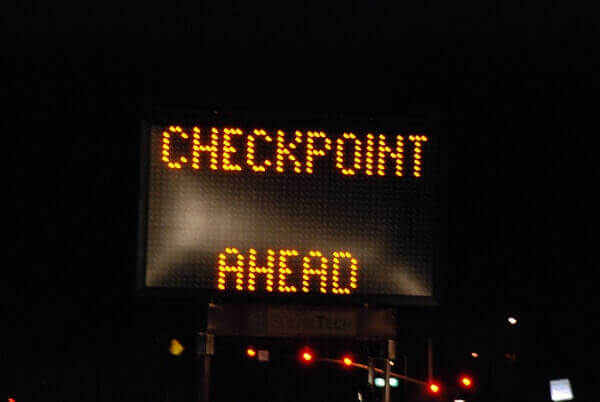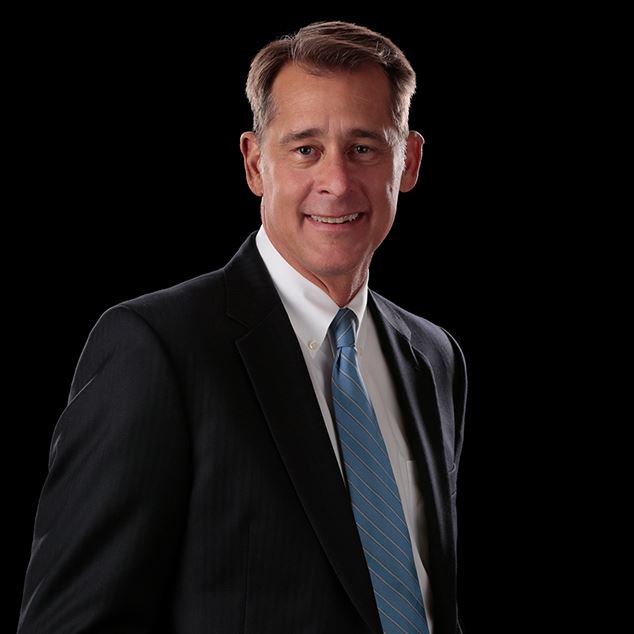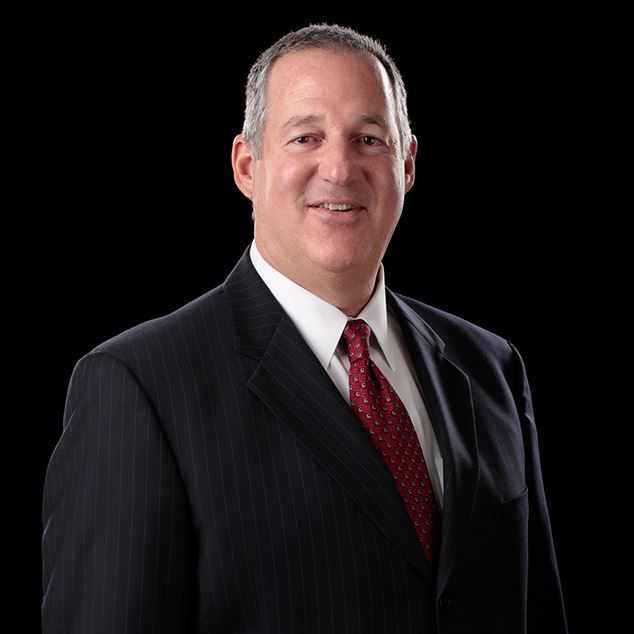Fresno DUI Checkpoints
Central Valley Sobriety Checkpoints
California law enforcement use sobriety checkpoints as a way to discourage drivers from driving under the influence (DUI). Under the California Vehicle Code, the legal limit for intoxication is a blood alcohol concentration (BAC) of 0.08 percent. If the police find that your BAC is 0.08 percent or higher, you will be arrested for a DUI. For driver's under the age of 21, that limit is only 0.01 percent BAC.
If you are facing DUI charges due to a sobriety checkpoint, discuss your options in a FREE consultation now.
California's Sobriety Checkpoint Policy

Field Sobriety Tests (FST)
When police suspect a driver might be impaired, they will request that the driver use a breathalyzer in order to determine their BAC. Law enforcement will also have the driver conduct any number of field sobriety tests (FSTs) in order to determine the intoxication level of the driver. Some of the FSTs may include the following:
- one-leg stand test;
- walk and turn test; and the
- horizontal gaze nystagmus (HGN) test.
By observing a driver's actions during these FSTs, the police officer will attempt to gauge the driver's balance, coordination, dexterity, and memory recall. These factors can be influenced by alcohol, and the amount of alcohol consumed can affect a person's ability to perform these tests. Officers in Fresno will use the results of their investigation as justification to make a DUI arrest.
Public Notice Before Starting a Sobriety Checkpoint
Public notices are generally required before beginning a sobriety checkpoint. This is so that residents of the city of Fresno can be alerted about the upcoming checkpoint. The state of California maintains that the primary objective behind sobriety checkpoints is more to discourage people from drinking and driving rather than as a way to catch drunk drivers. However, sobriety checkpoints end up doing both.
A side effect of sobriety checkpoints, is that they help police to apprehend other offenders in and around Fresno. A checkpoint may result in the police citing people for other traffic violations, or arresting people who are driving without a valid license, or for other criminal charges.
The state provides law enforcement guidelines for setting up and conducting a sobriety checkpoint. For example, once a location is approved, there must be a formula in place to dictate which vehicles will be stopped and investigated. Random vehicle stops are not permitted. The police can not stop cars based on arbitrary reasons or preconceived ideas.
Public Safety & DUI Checkpoints
Sobriety checkpoints must also be conducted in locations which ensure public safety. This includes flashing lights, clearly visible police vehicles and police officers, and proper warning signs. If an officer is conducting a breath test of FST, they can only detain the person for as long a time as necessary to determine whether the driver demonstrates signs of intoxication. If the driver does not show signs of impairment, they are to be timely released and allowed to go about their business.
A California Supreme Court decision has held that a driver who makes an attempt to avoid a sobriety checkpoint can not be stopped based solely upon their attempt to avoid the checkpoint. Such a driver can only be stopped if a they committed a traffic violation.
Defense from our Fresno DUI Checkpoint Lawyer
Have you been charged with DUI after a sobriety checkpoint in Fresno, Tulare, Kings, or Madera County? Whether you are facing your first DUI offense in Fresno, or even a felony DUI charge, you don't have to plead guilty. We can help you fight for your rights.
Please contact Wapner Jones, PC to schedule a consultation. We can discuss your case and explore your options after checkpoint DUI.

You've Been Arrested for a DUI
What Happens Now?
Meet Our Attorneys
Recognized Among the Best in the Central Valley-
David E. Jones David E. Jones
Founder

-
Terry A. Wapner Terry A. Wapner
Founder In Memoriam






